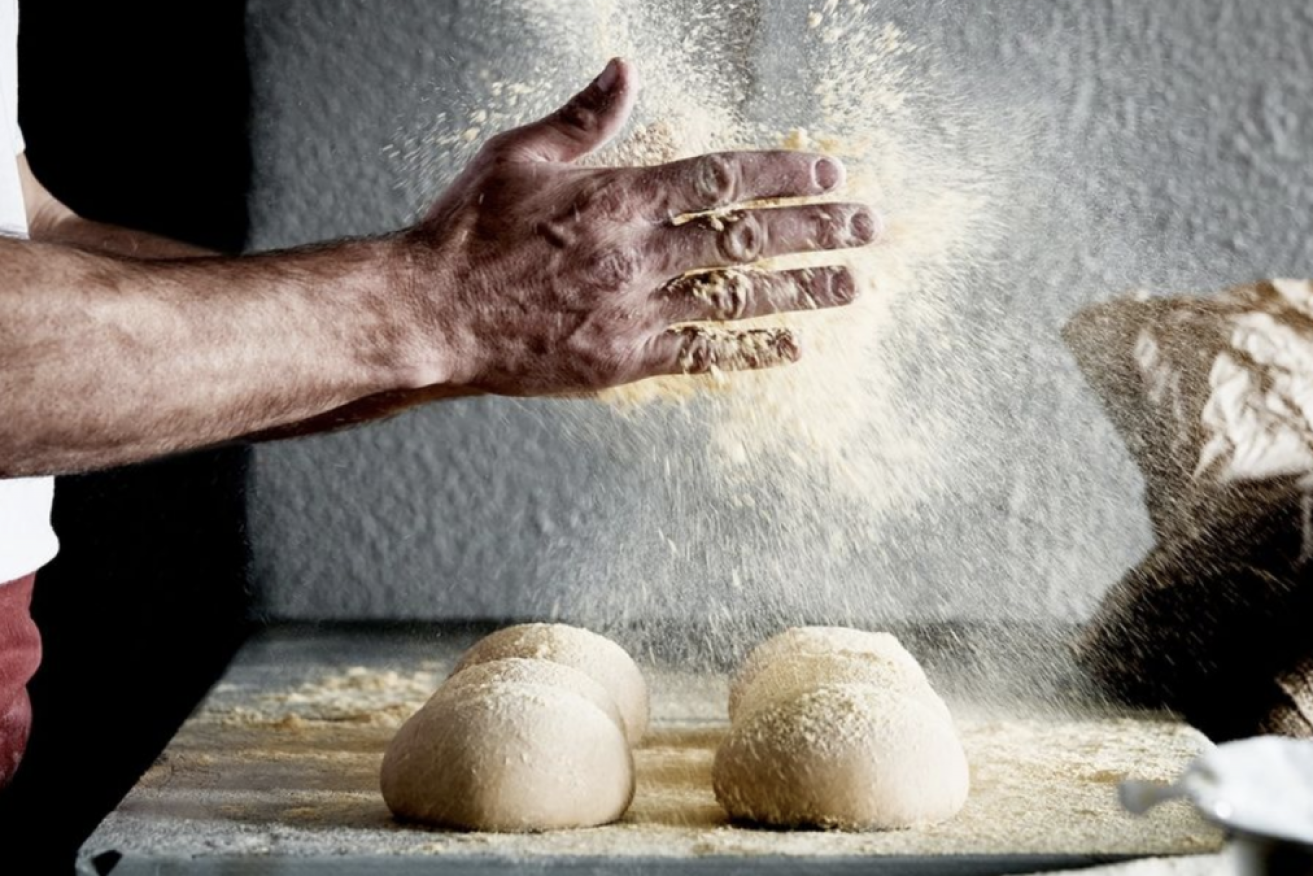Not cooking with gas: Australia’s first zero-carbon kitchen offers a taste of the future


Australia's first zero-carbon kitchen is tackling food's climate cost. Photo: Atiyah
In the modern world, the food we eat and the beverages we down contribute to climate change.
A beer made locally and served up by your publican will emit 500 grams of greenhouse gasses into the atmosphere before it hits your lips.
Food comprises about 15-20 per cent of Australia’s total carbon emissions.
Lamb and cheese both emit more than 20 kilograms of greenhouse gasses per kilogram before they’re put on a plate.
So what can we do to make our diets more sustainable?
In November, Ben Armstrong launched Atiyah, Australia’s first zero-carbon, off-grid street food kitchen, in Melbourne’s Federation Square.
Since then he’s served up over 6250 meals, moved into catering, and offset 10,000 kilograms of carbon emissions.
“We’re revolutionising street food through our community of amazing people with a passion for saving the planet,” Mr Armstrong told The New Daily.
The menu shows the carbon emissions that have been saved from every meal and drink consumed at Atiyah.

Ben Armstrong launched Australia’s first zero-carbon kitchen last year. Photo: Supplied
Atiyah is the nation’s first hospitality business to be certified as carbon neutral by Climate Active. But it didn’t come easily.
“It’s quite carbon-intensive food,” Mr Armstrong explained.
“One of our za’atar, a plain bread with an oil mix, is 1.5 kilograms of carbon emissions.”
To reach carbon neutrality, the restaurant “reduce 73 per cent of our emissions, which is a huge reduction, and 20 per cent we offset,” Mr Armstrong said.
The restaurant has a composting service, the staff uniforms are hand made in Melbourne using recycled materials and organic cotton, and they don’t sell plastic bottles.
Instead, they harvest their own rainwater on the roof, treating it and serving it to customers.
The kitchen is chemical-free, but most importantly, the ingredients are sourced locally from carbon-neutral suppliers.
All the recipes are designed by Mr Armstrong’s mother-in-law Therese Helou, who lives in Lebanon.
“I said to her, why don’t we combine my passion for sustainability with Lebanese food?,” Mr Armstrong said.
“She didn’t expect it to go to this extent, she thought it would be a hole in the wall, I certainly took it as far as I could.”
Not cooking with gas
After the ingredients, the other biggest change is the fact the kitchen uses no gas.
The topic of cooking with gas has become highly divisive in climate change-concerned circles.
We’re some way off having the capability to cook with electricity in commercial kitchens, but for Atiyah the food lends itself to not using fossil fuels, Mr Armstrong said.
“We don’t need a huge amount of appliances to serve our food. That’s a benefit from our side. It would be difficult for a big commercial kitchen,” he said.
But on the home front, many are calling for a change in how we cook.
The Climate Council, the ACT government and think-tank The Grattan Institute are among those saying it’s time to give up gas in our home kitchens.
Late last year a report by The Grattan Institute called for “cleaner and smarter ways to cook” arguing that new electric stovetops do the job just as well.
“Many people are not aware of induction cooktops,” the report said.
“It is likely that many people who currently prefer to cook with gas would, with direct experience, be happy with an induction cooktop.”








